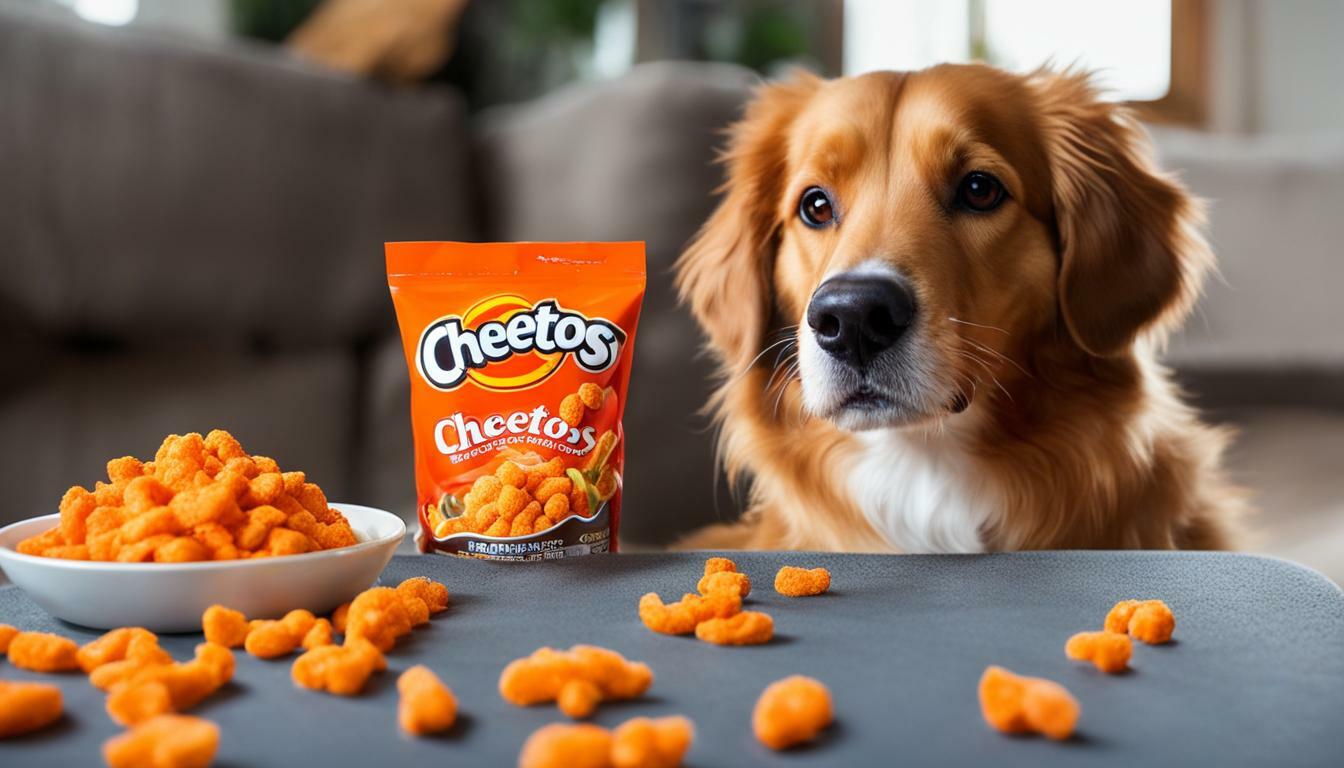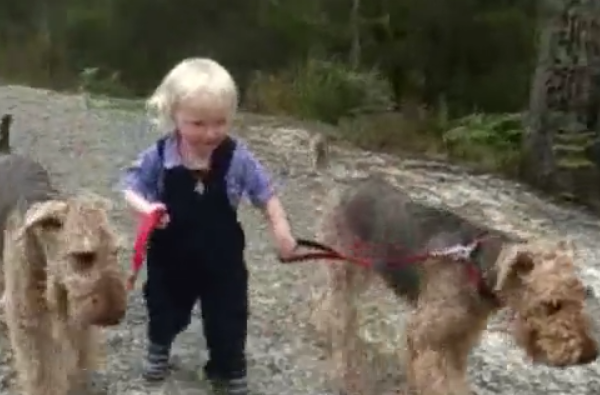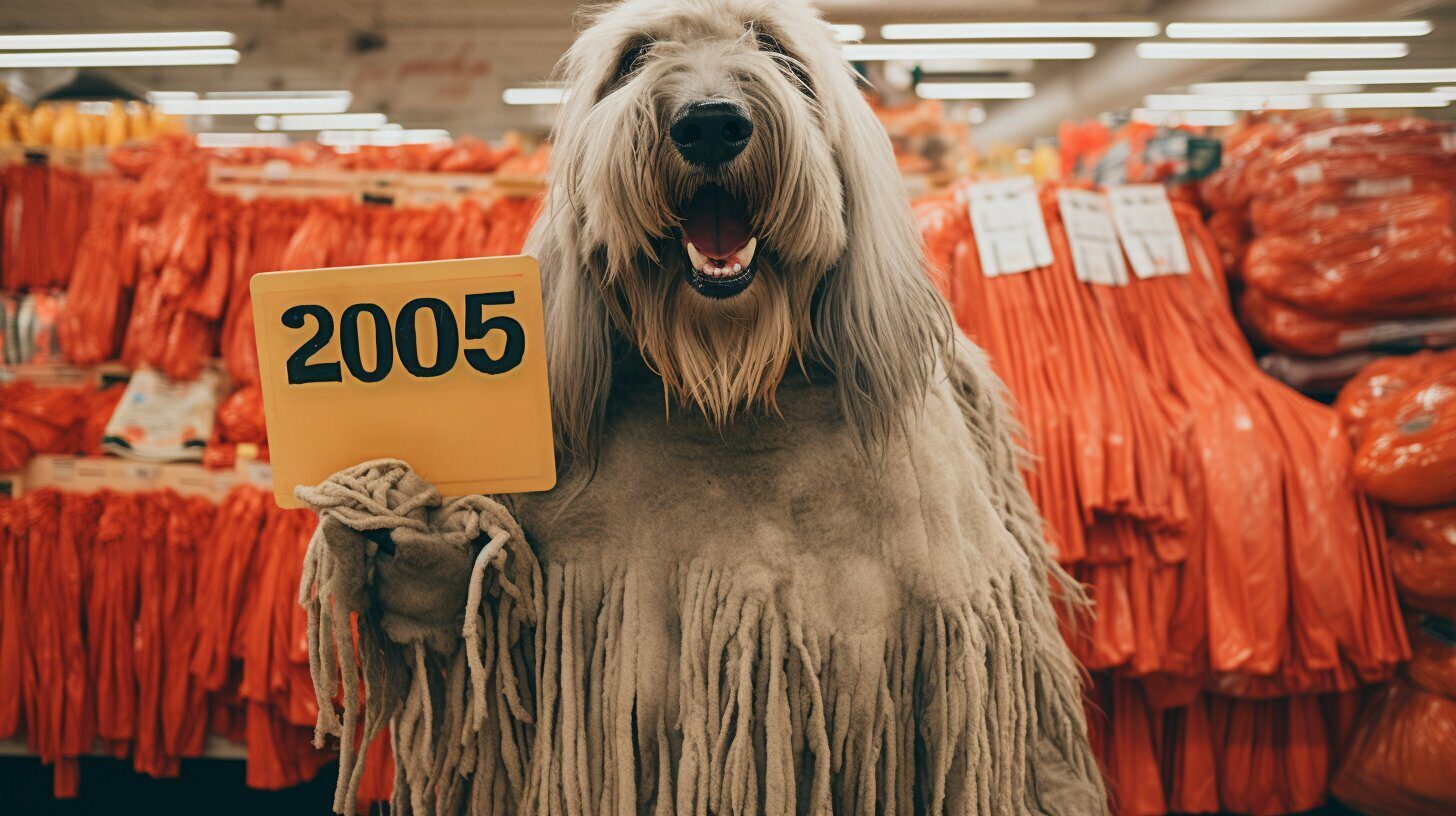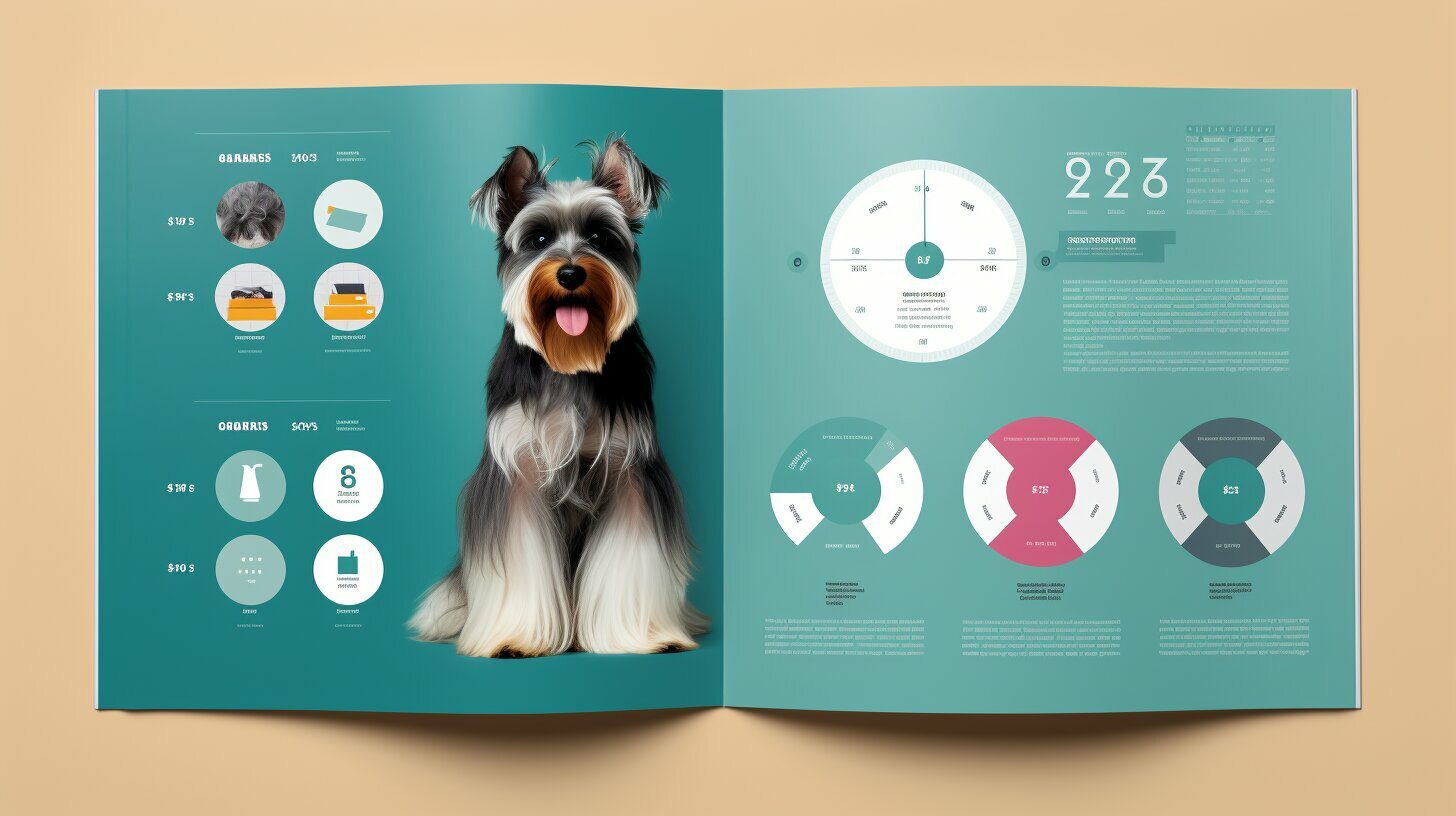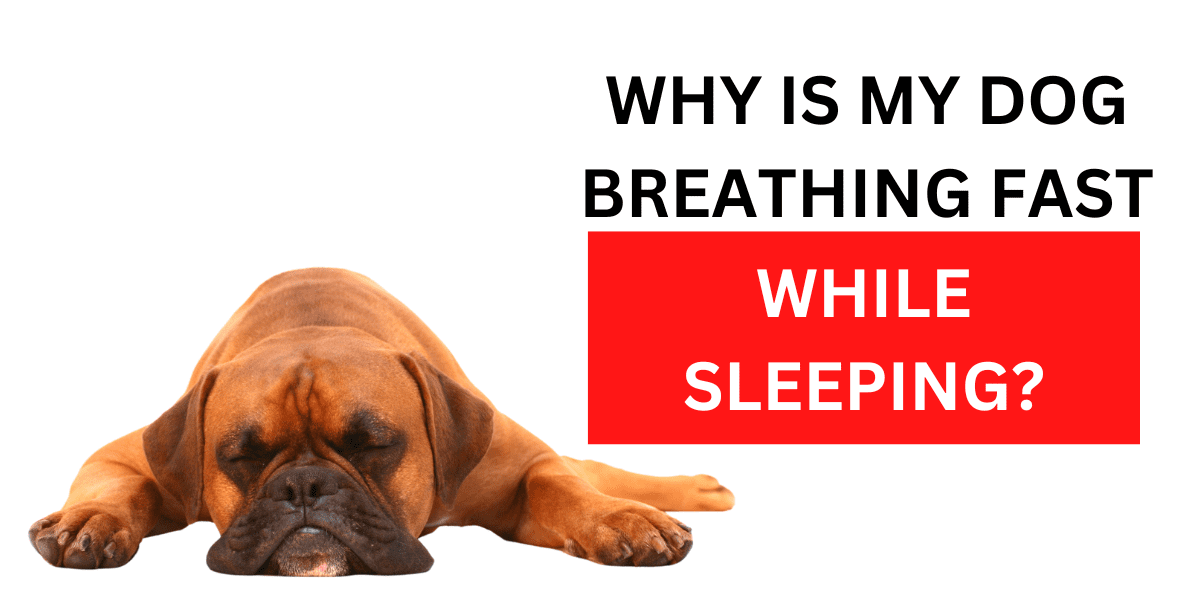As one of the pet parents, have you ever heard your dog make a strange sound, almost like a “hic” noise? If so, you may be wondering if dogs can get hiccups. The answer is yes; dogs can get hiccups just like humans do. In this article, we will explore the causes of hiccups in dogs, whether or not hiccups are a cause for concern, and what pet owners can do if their dog is experiencing hiccups. So if you’ve ever been curious about this strange and amusing canine behavior, read on to learn more.
What Are Hiccups?
Hiccups are common, involuntary muscle spasms in the diaphragm and vocal cords. They are typically characterized by a sudden air intake, followed by the closure of the vocal cords, resulting in the distinctive “hic” sound. Hiccups can be caused by various things, such as eating or drinking too quickly, excitement or stress, or even a medical condition.
While hiccups are usually not a cause for concern and will resolve on their own, they can sometimes be annoying or even painful. In severe or persistent cases, hiccups may be a symptom of an underlying medical issue and should be evaluated by a healthcare provider.

Can Dogs Get Hiccups?
Yes, dogs get hiccups just like humans do. Hiccups in dogs are totally normal and can be caused by the same things in human hiccups, such as eating or drinking too quickly, excitement or stress, or even a medical condition. Dogs may also get hiccups if they have swallowed a lot of air while playing or exercising.
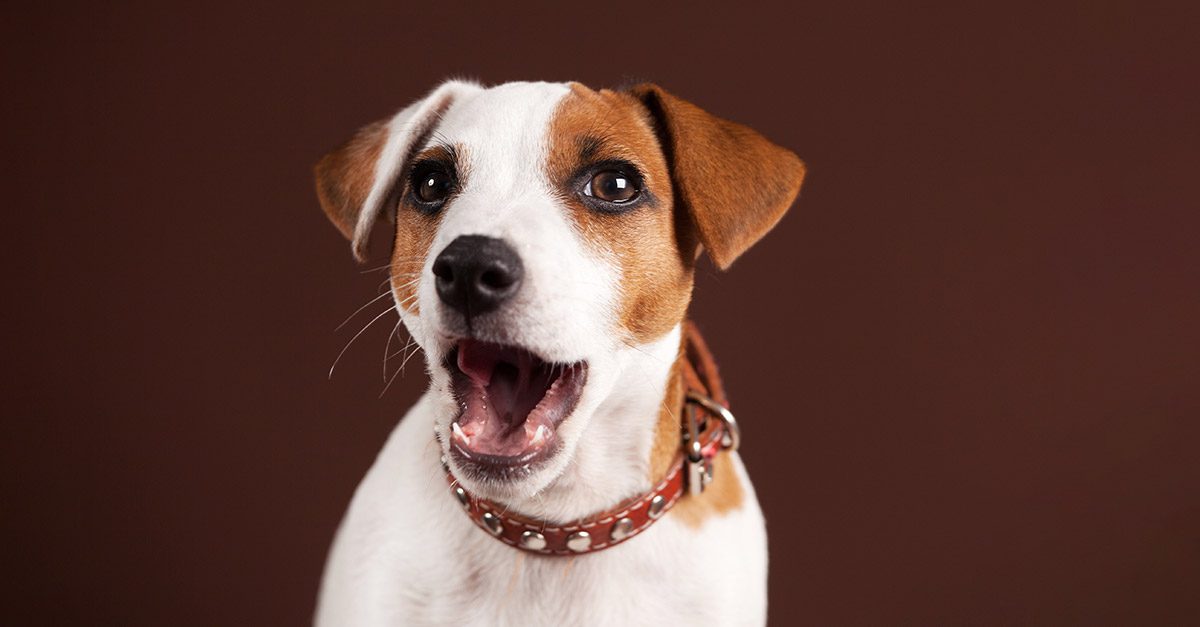
Are Dog Hiccups Normal?
Hiccups are common and usually harmless in both humans and animals. However, if your dog has them for more than 48 hours or has other symptoms like trouble breathing or pale gums, you should take him to the vet immediately. This could be a sign of a more serious health problem.
Though dog hiccups are relatively common and usually nothing to worry about, they can sometimes last for several minutes or hours before subsiding, just like humans!
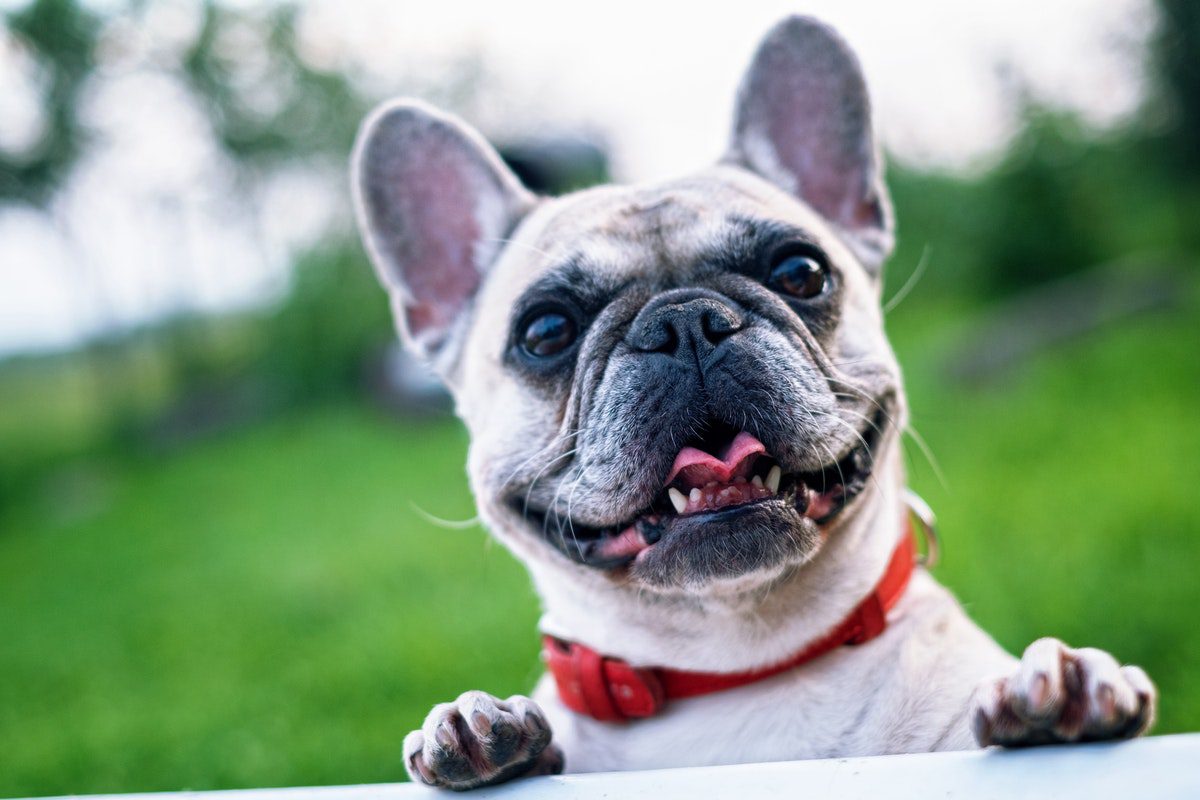
What Do Hiccups Look Like in Dogs?
If you think your pup might have fetal hiccups but aren’t sure how to tell, there are some signs you can look out for. For instance, your dog may show discomfort, such as a shallow dog’s breathing pattern or an inability to bark appropriately.
You may also notice that your pup’s chest moves up and down rapidly as he inhales and exhales in quick succession. Additionally, your puppy may have trouble relaxing until his hiccup episodes are over; this could manifest in pacing back and forth or repeatedly shaking his head.
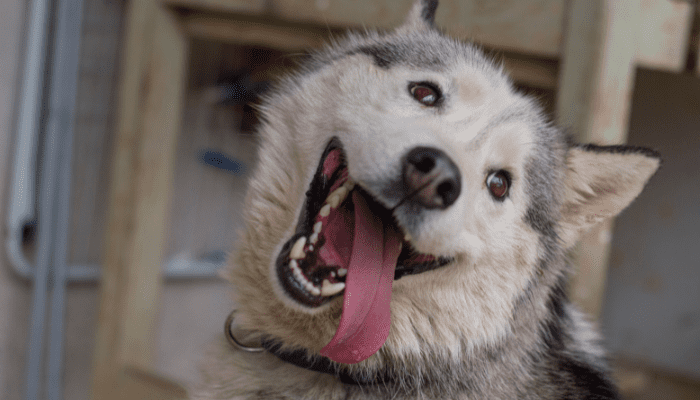
What Causes Hiccups in Dogs?
1. Eating Too Fast – Like humans, dog hiccups occur if they eat too quickly. Eating too quickly can cause air to become trapped in the stomach, resulting in hiccups. To prevent this from happening, try breaking up your dog’s meal into smaller pieces or using a slow feeder bowl explicitly designed for this purpose.
2. Stress & Anxiety – A sudden surge of stress or anxiety can trigger hiccups. This is especially true if your dog has had past negative experiences with certain people or places that create an anxious response for them when reencountered.
3. Illness – Sometimes, hiccups may be caused by an underlying medical condition such as a respiratory infection or digestive tract disorder. If you notice your adult dogs are having frequent or prolonged hiccups, it’s best to have them checked out by a vet to be safe.
4. Excitement – Older dogs get excited from energetic play, especially when they see something they like — like their favorite toy or treat — and that excitement can cause them to start “hiccuping”! It’s important to remember that while it may look funny on the outside, hiccupping due to excitement can still indicate an underlying problem and should not be ignored entirely (see number three).
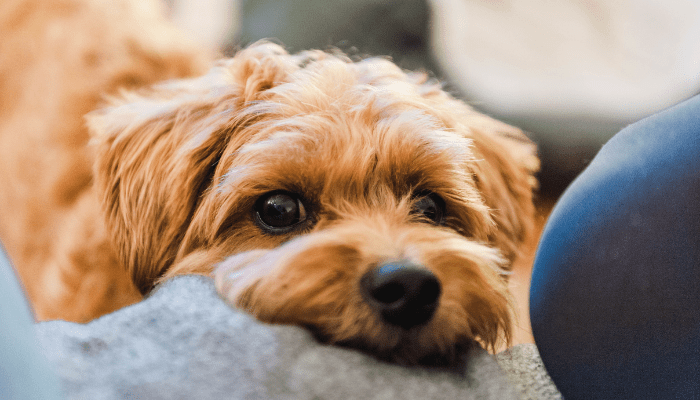
How Long Do Dogs Have Hiccups?
Usually, the hiccupping fit will stop within a few minutes. However, if they last longer than a few minutes, try distracting your pup with a toy or treat. A change in activity may help to dissipate the hiccupping fit. However, if the hiccupping persists for more than an hour, you should take your pup to the vet for a checkup to ensure there isn’t another underlying issue causing them distress.
In rare cases, persistent hiccupping can indicate something more serious such as gastrointestinal or even neurological problems. Additionally, suppose your pup has been experiencing frequent bouts of hiccupping. In that case, it is best to take them for veterinary evaluation in case something else is going on internally.
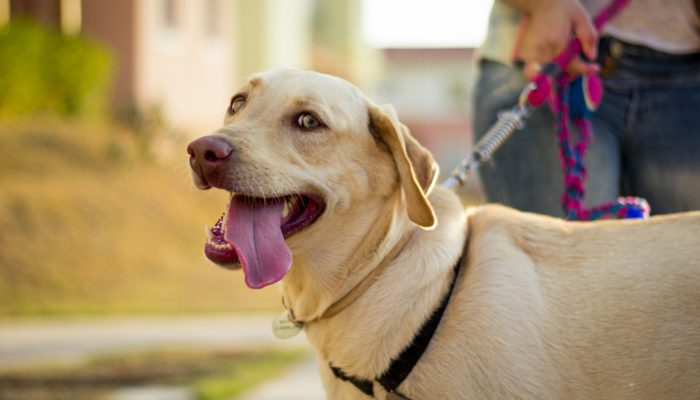
Puppy Hiccups
Do puppies get hiccups? Yes! Just like humans, puppies can get hiccups due to their nervous system activity and immature breathing muscles. It’s usually nothing serious and will go away on its own after a few minutes. However, if your pup continues to have hiccups for longer than a few hours, or if they become frequent, it’s best to seek veterinary attention, as this could be a sign of an underlying condition.
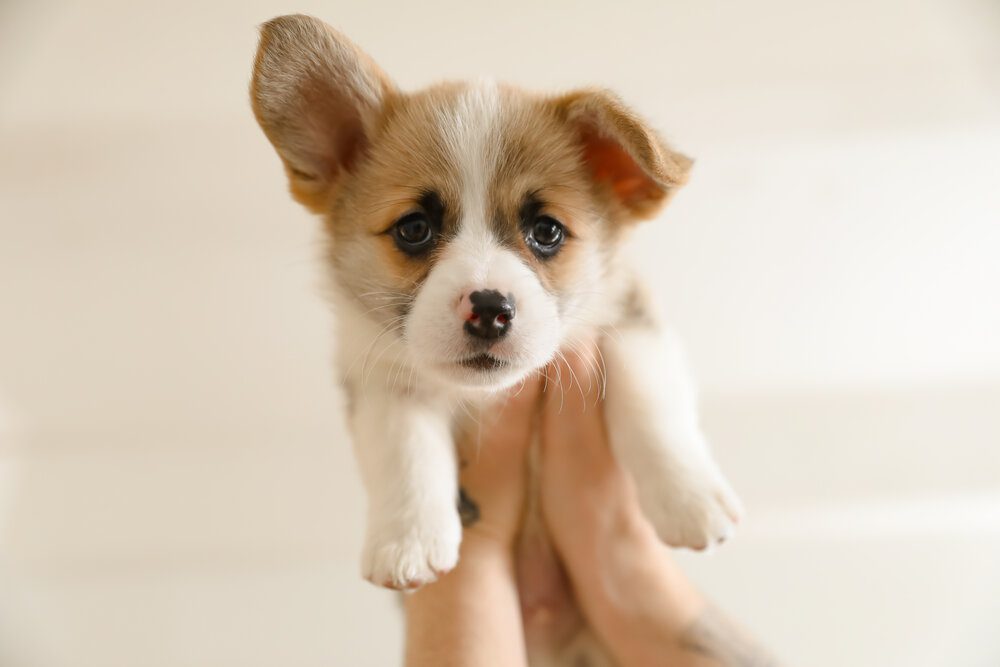
What Causes Puppy Hiccups?
In puppies, hiccups are usually caused by overfeeding or eating too quickly. This causes the stomach and intestines to expand suddenly, triggering the diaphragm muscle spasms that cause hiccuping. It can also be caused by drinking too much water or playing too vigorously after eating.
Can I Prevent My Puppy From Getting Hiccups?
The best way to prevent puppy hiccups is to feed your pup smaller meals throughout the day instead of one big meal at once. Also, try not to let them drink too much water right before or immediately after eating, as this can increase their chances of getting hiccups. Lastly, limit their playtime until they have had time to digest their food properly to reduce their chances of getting hiccups.

When Should I Worry About My Dog’s Hiccups?
Hiccups typically do not cause alarm in dogs unless they persist for more than 24 hours. In some cases, prolonged bouts of hiccuping can indicate an underlying medical issue, such as an infection or digestive disorder that needs treatment from a vet specialist.
Additionally, suppose your pup has other symptoms like fever, vomiting, diarrhea, coughing, and bouts of hiccuping. In that case, this could also point to an underlying issue that needs medical attention immediately.
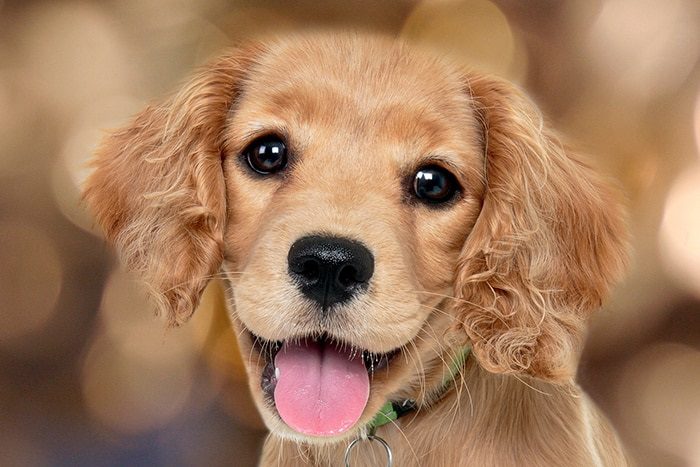
How to Get Rid of Dog Hiccups?
- Wait it out: In most cases, hiccups in dogs will resolve on their own within a few minutes to an hour. If your dog’s hiccups are not persistent or accompanied by other symptoms, it is usually best to wait them out and let them resolve on their own.
- Distract your dog: You can distract your dog from its hiccups by engaging them in a fun activity, such as playing a game or going for a walk, to get rid of dog hiccups.
- Offer small sips of water: You can offer your dog sips to help relax their diaphragm and stop the hiccups.
- Massage your dog’s chest: Gently massaging it can help relax its diaphragm and stop the hiccups.
- Try a home remedy: Some people claim that giving your dog a teaspoon of honey or a slice of bread can help eliminate hiccups. However, it is essential to note that these remedies have not been proven effective and should be used cautiously.
- Consult with your veterinarian: If your dog’s hiccups are persistent or accompanied by other symptoms, it is always a good idea to consult with your veterinarian to rule out any underlying medical issues.
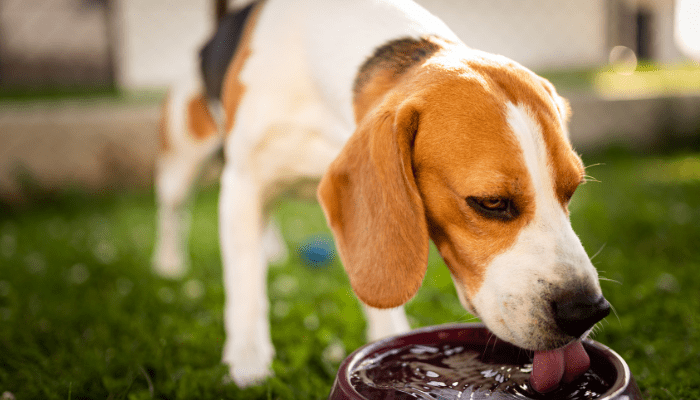
Final Thoughts
In conclusion, puppies and dog hiccups are common and usually harmless. However, they can be caused by various things, such as excessive eating or drinking, excitement or stress, or even a medical condition. So, while hiccups are usually not a cause for concern and will resolve on their own, it is always a good idea to keep an eye on your pet’s health and well-being.
If your dog is experiencing persistent hiccups or other accompanying symptoms, it is always a good idea to consult your veterinarian to rule out any underlying medical issues. Overall, understanding the causes and potential treatment options for hiccups in dogs can help you provide the best possible care for your furry friend.
Frequently Asked Questions
Should I be worried if my dog is hiccuping?
Generally, hiccuping in dogs is not cause for concern. It usually occurs due to eating or drinking too quickly, inhaling a foreign object, or having excessive air in their stomach.
How do I know if my dog is hiccuping?
Look for short, sharp breaths, typically in rapid succession, to tell if your dog is hiccuping. You might also hear a sound like snorting or gulping. Some dogs will also lift their head while they hiccup to help align their respiratory and digestive tracts.
What does it mean when your dog is hiccuping?
If the hiccuping persists or the dog shows other signs of illness, such as lethargy and loss of appetite, it's best to consult your veterinarian.
Why is my dog twitching like hiccups?
Twitching in a dog, much like hiccuping, is usually due to a harmless issue such as excitement or stress. Generally speaking, if the twitching is infrequent and doesn't last long, then it's typically not an issue.

